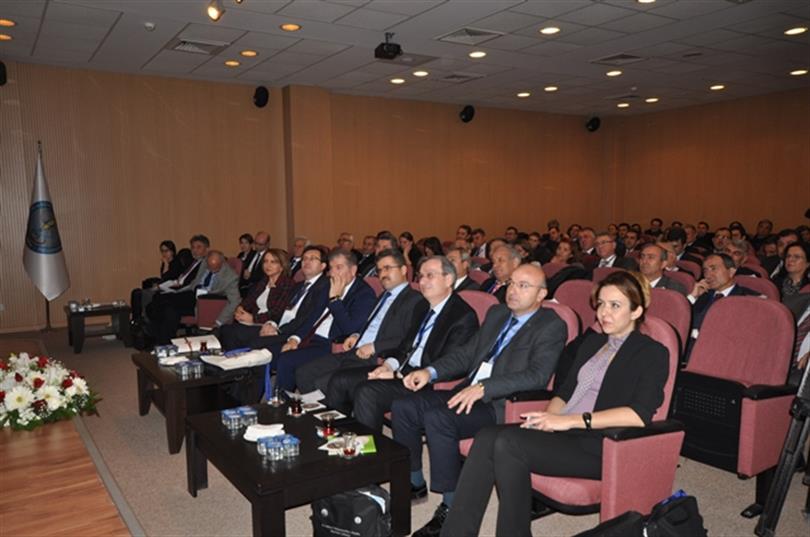
Excellence Model which we started in December 2013 in order to be an institution of international standards, Has initiated the process of modern management understanding that can measure the needs and satisfaction of all stakeholders in the quality management system and incorporate the EFQM (European Foundation for Quality Management) Excellence Model into the quality management system.
The process that started with the signing of the "Declaration of Goodwill" on 25.02.2014 has been continued uninterrupted until now. As a result of the institute's self-assessments, the institution has identified open areas for improvement and has conducted surveys of projects that have been made for continuous improvements by Kal-Der and the Institute successfully passed through audits. In November 2015, our institute was awarded 2 stars in the decision in the 24th Quality Congress organized by Kal-Der. Since then, the Institute has been among the organizations that won the International Excellence Award.
In this context, "Agency Objectives and Activities" plan has been established to increase the quality of our institution every day and to go further. From the beginning of 2016, the opinions of the stakeholders have been taken with official letter sent to institutions and with website. A "Stakeholder Engagement in Corporate Perfection" workshop was organized on 12-13 December 2016 in order to measure and collect the stakeholder opinions which are an integral part of the institution.
The workshop continued for 2 days; after the opening ceremony, five invited papers on the subject were presented. On the second day of the workshop, stakeholder opinions were collected and ended with the creation of the Workshop Declaration.
We would like to thank Ankara Kal-Der trainers who gave trainings in the process, Ankara Development Agency which financially supports our model and strategic plan education projects, all the stakeholders participating in the workshop and the staff of the Institute and especially TAGEM
